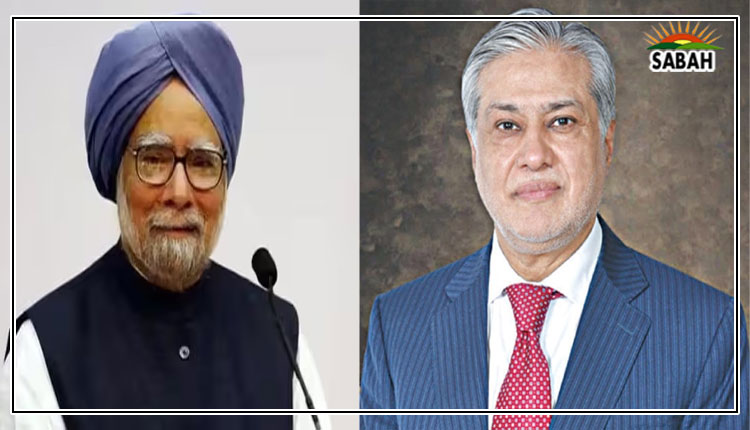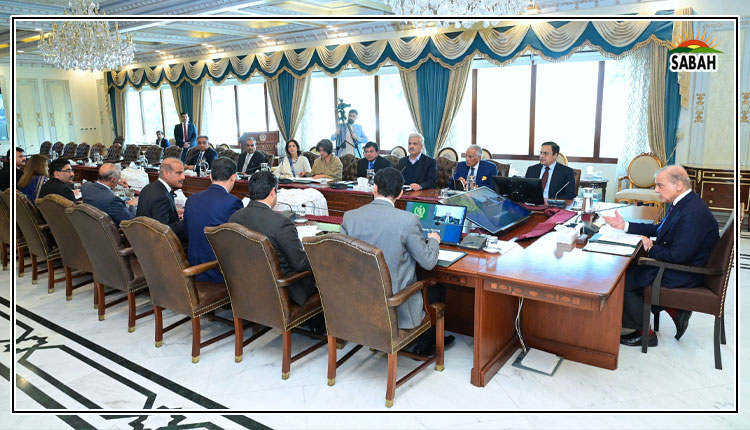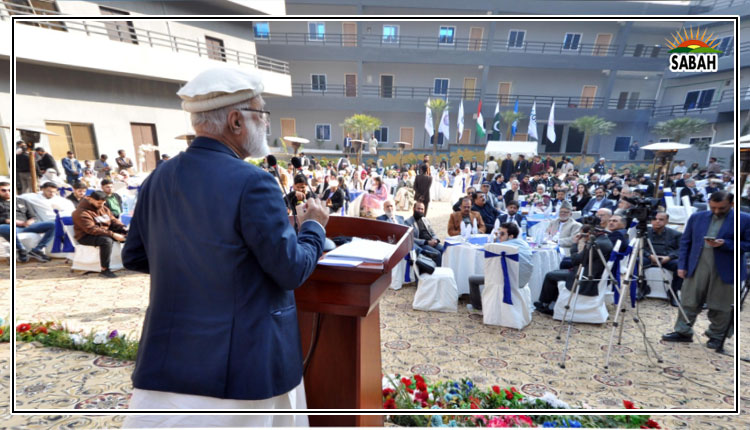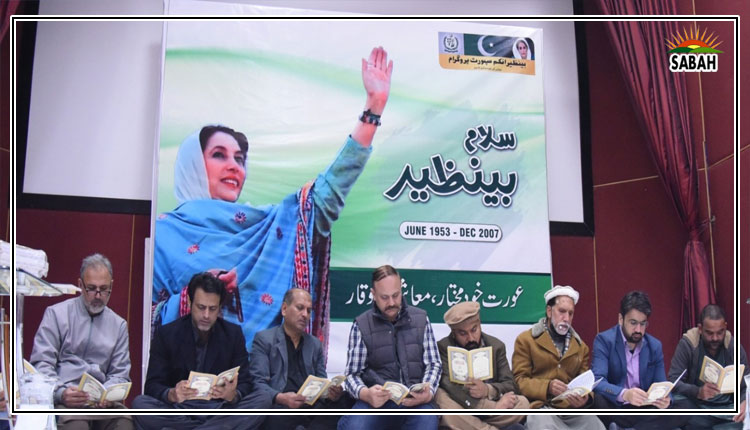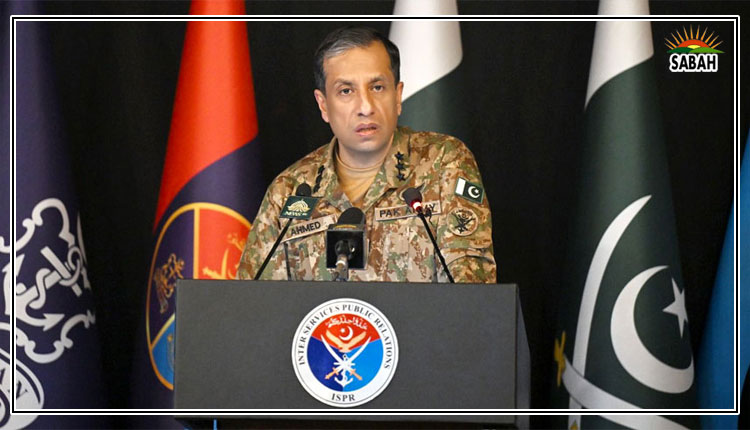Justice or discipline?…Rida Hosain
In 1967, during the tenure of field marshal Ayub Khan, the scope of military courts was extended to civilians. Section 2(1)(d) was included in the Pakistan Army Act, and military courts were empowered to try civilians for certain offences.
A section which was added by a military dictator in the law has now been declared unconstitutional by four judges of the Supreme Court. Justice for civilians, regardless of the offence, was handed back to the civilian authorities.
This is a courageous decision by the Supreme Court. Military courts are only appropriate for serving members of the armed forces. The purpose is to maintain discipline within the armed forces this system of discipline cannot be extended to civilians. A former judge advocate general of the armed forces in England wrote discipline is an essential element of command and the commanding officer is central to the system. Without the ability of the command to exercise punitive powers over their subordinates the fabric of discipline would be weakened.
The primary objective of military courts is to allow the command of the army to maintain control over the forces, and to deal with insubordination through a swift system of military discipline.
Under our constitutional dispensation, certain fundamental rights have been guaranteed. Article 8(1) of the constitution expressly states that any law insofar as it is inconsistent with fundamental rights shall be void to the extent of such inconsistency. Article 8(1) is unequivocal the court must strike down any law found to be in violation of fundamental rights.
However, Article 8(3)(a) of the constitution contains an exception. Where a law relates to members of the armed forces and is for the purpose of ensuring the proper discharge of their duties or the maintenance of discipline among them, it cannot be examined on the touchstone of fundamental rights. A section which permits the trial of civilians by military courts has nothing to do with the maintenance of discipline and the discharge of duties of the armed forces. The court had to examine whether the trial of civilians by military courts was in accordance with fundamental rights.
Article 10A of the constitution contains an absolute and unqualified right to a fair trial and due process. The procedure in military courts does not comply with fair trial standards. There is no right to a reasoned judgment. Rule 51 of the Army Act Rules 1954 (the Rules) states that a finding on a charge shall be recorded as a finding of Guilty or Not guilty or Not guilty and honourably acquit him of the same. There is no obligation to give reasons for a verdict, and even the harshest of sentences could be imposed with the verdict simply stating Guilty.
There is no right to a public hearing, and Section 93 of the Pakistan Army Act states that the trial may take place at any place whatsoever. Open justice lies at the heart of a fair trial, civilians must not be subjected to trials behind closed doors.
While there are rules which permit an accused in a military court to prepare a proper defence, this right can be suspended on account of military exigencies, or the necessities of discipline as per Rule 26 of the Rules. The consequences of this are grave. Even the right to properly defend oneself was not absolute.
Serving members of the military act as judges (despite not being legally qualified to adjudicate.) The European Court of Human Rights 2022 guide on the right to a fair trial states that where all the members of the court martial were subordinate in rank to the convening officer and fell within his chain of commanddoubts about the tribunals independence and impartiality could be objectively justified.
Under the Pakistan Army Act, for example, a general court martial is convened by the COAS or an officer authorized by him. The composition of a general court martial includes at least five officers each of whom has held a commission for at least three years. In such a situation, the ability of junior officers to take an independent decision that is not influenced by the higher command of the army is questionable.
In the last few days, many examples have been given of how other jurisdictions permit trial of civilians by military courts. These examples have been devoid of context. In England, there are limited categories of civilians who are subject to service discipline including: civilians who are members of military organizations, civilians working in support of the armed forces, civilians on board a crown chip or aircraft etc. Even in the US, the Uniform Code of Military Justice states, in times of declared war or a contingency operation, persons serving with or accompanying an armed force in the field can be subject to court martial. The jurisdiction primarily extends to civilians who are serving, or working with the army in certain limited circumstances.
Even otherwise, regardless of the law in other countries, our courts must follow and defend our constitution. The 1973 constitution mandates a separation between the executive (including the armed forces) and the judiciary, and gives express protection to fundamental rights. In striking Section 2(1)(d) down, the Supreme Court has preserved, protected, and defended our constitution.
There is no such thing as military justice, there is only military discipline. For civilians, this has rightly been brought to an end.
Courtesy The News



